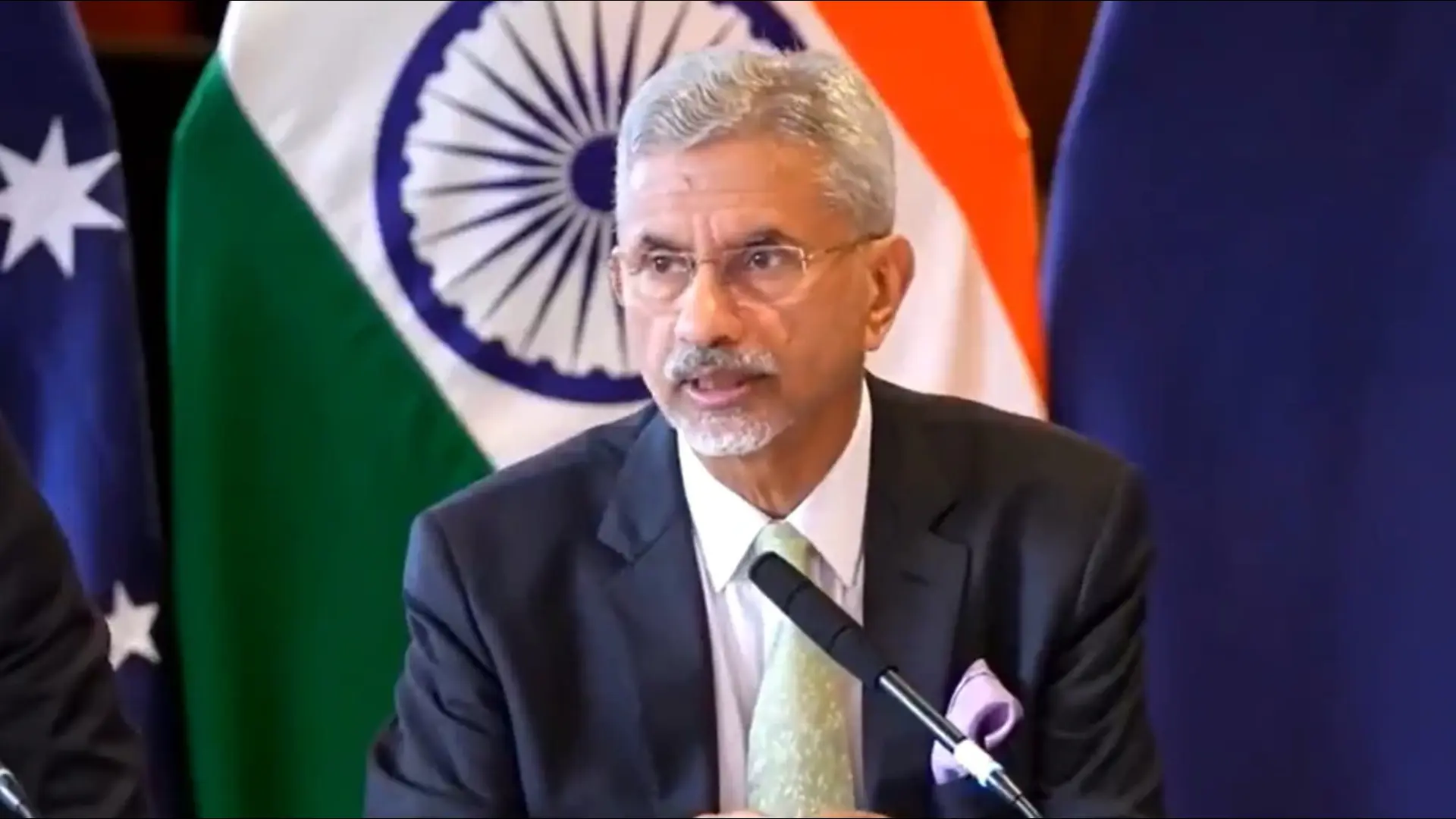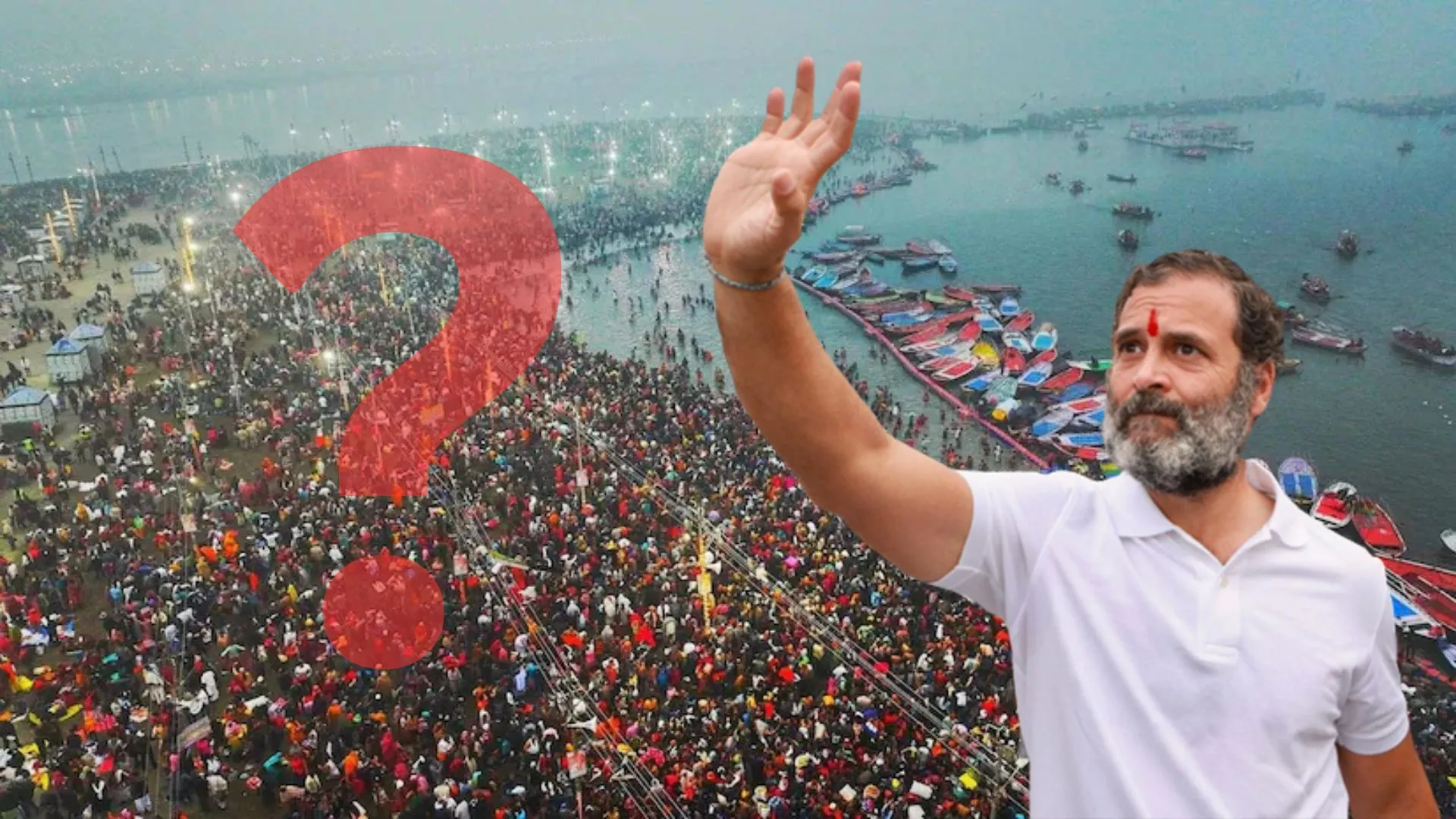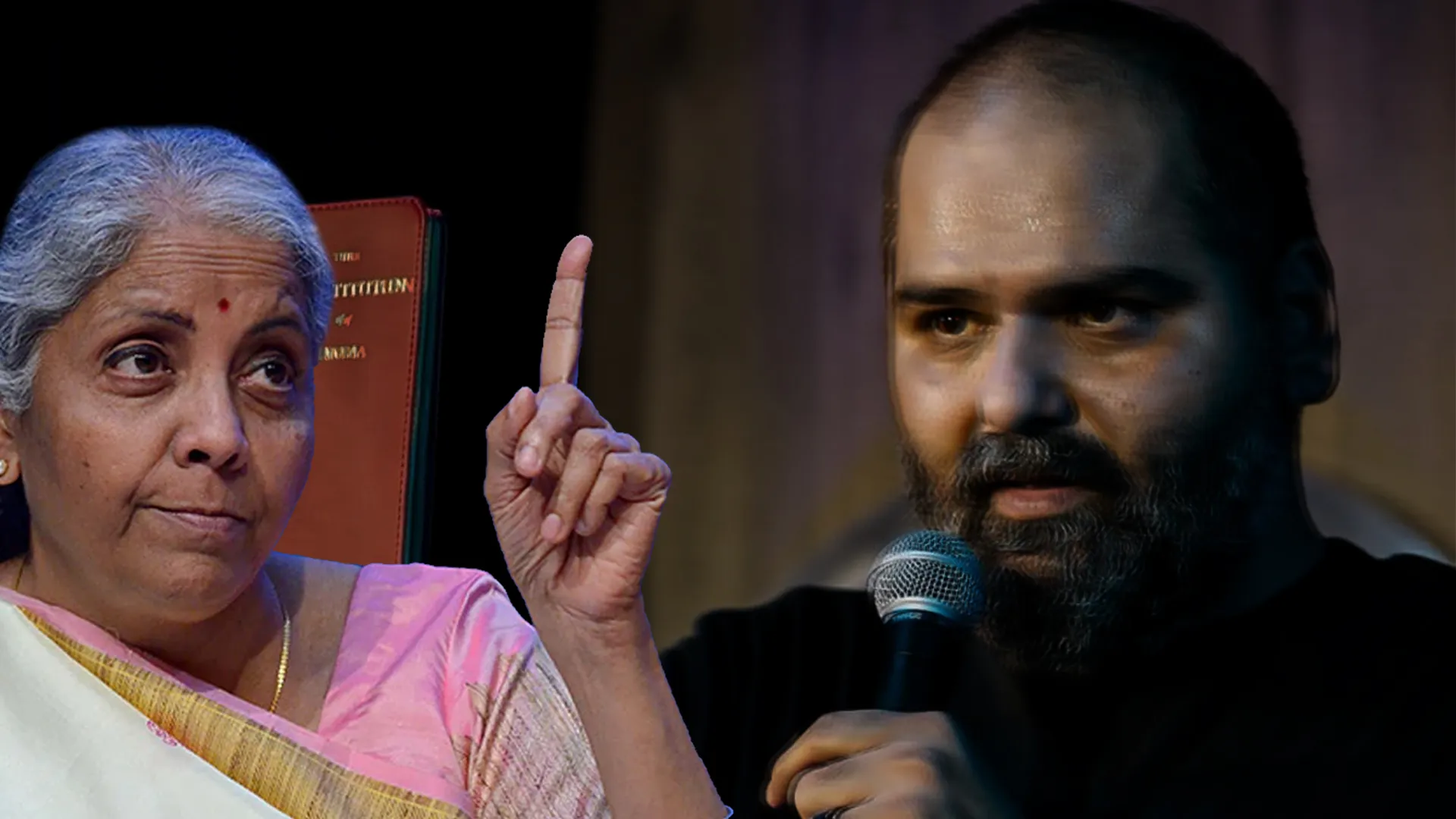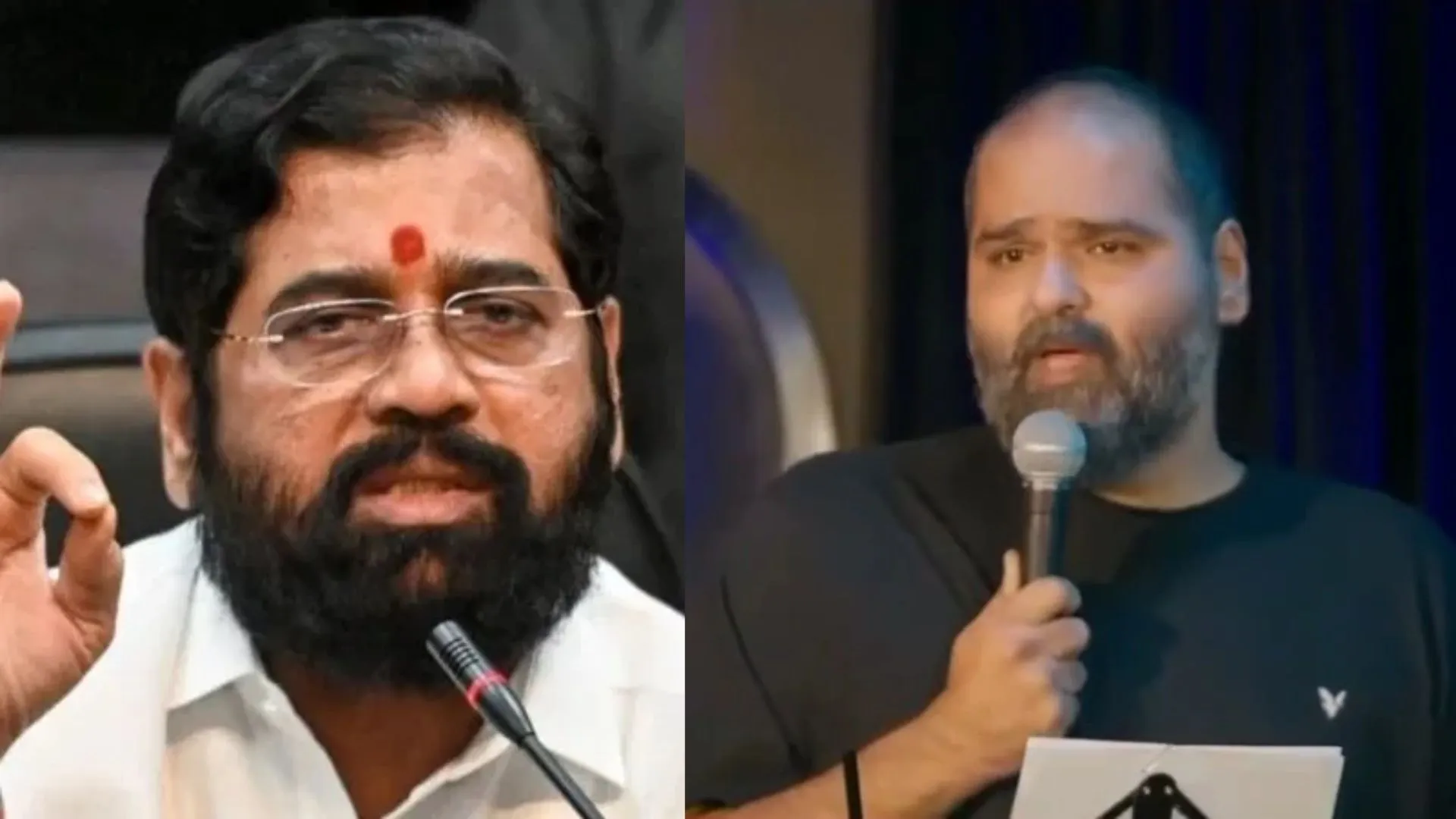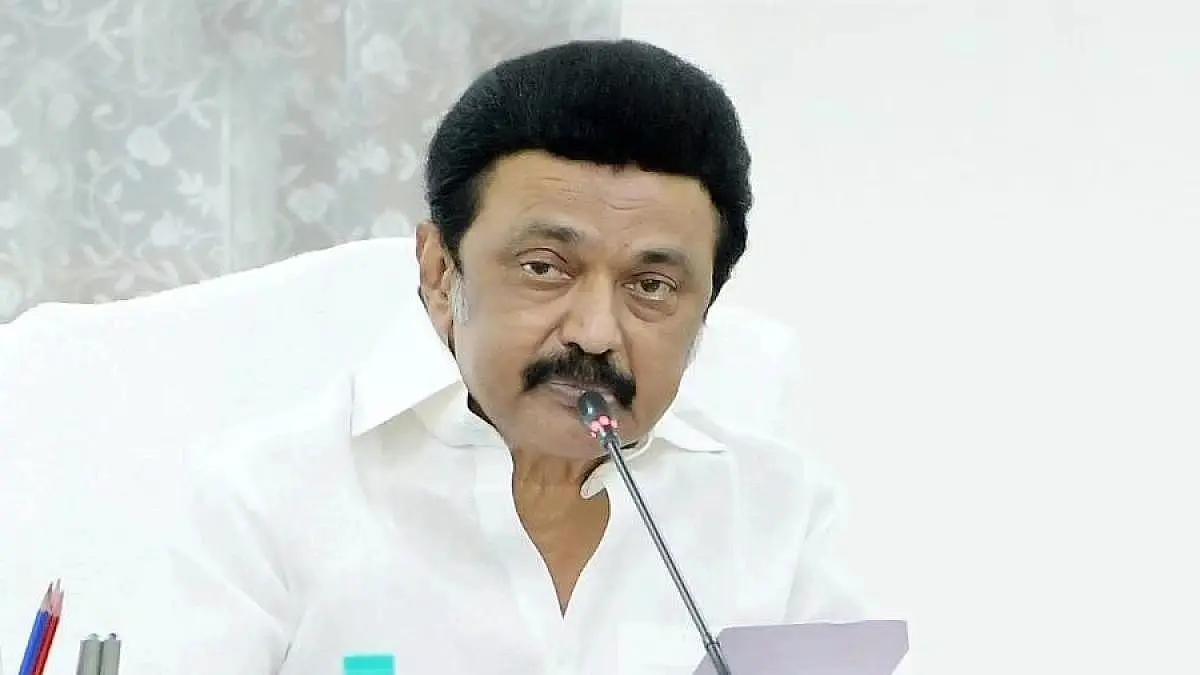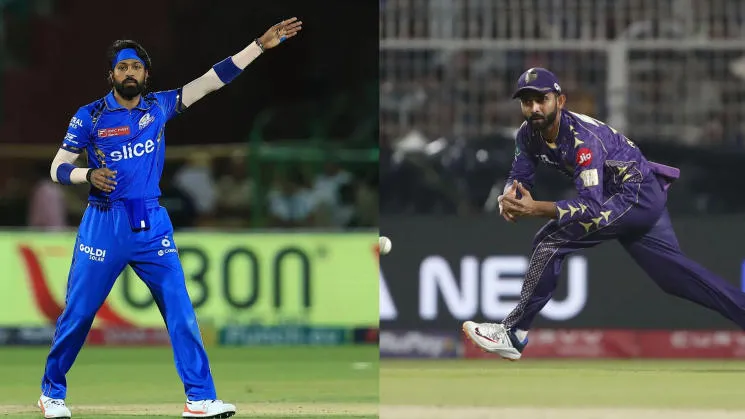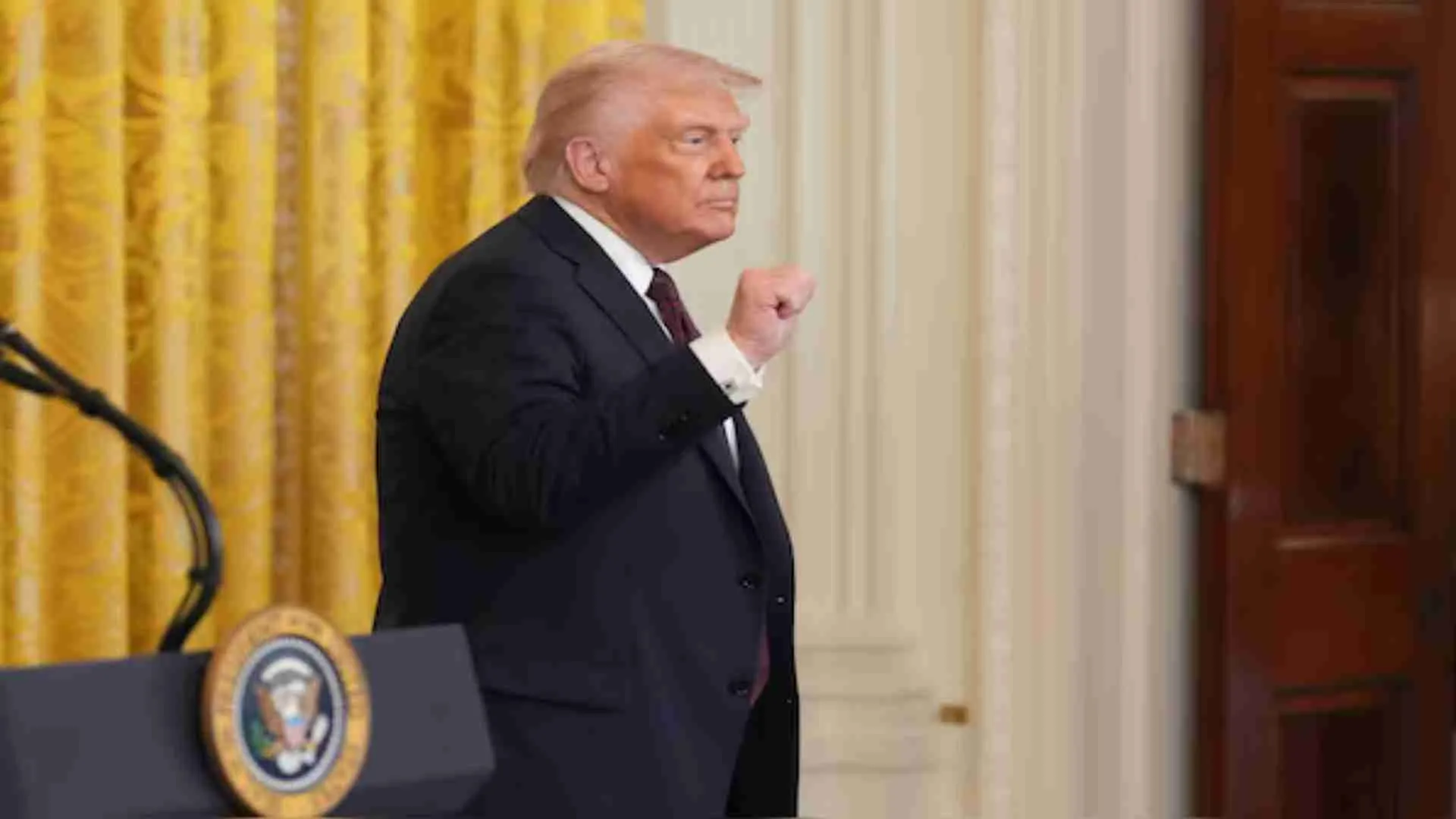External Affairs Minister S. Jaishankar delivered a significant address at the 19th Nani A Palkhivala Memorial Lecture on Saturday. He discussed various aspects of India’s foreign policy and elaborated on the nation’s approach to diplomacy over the past decade.
Challenges in a Changing World
Jaishankar highlighted the challenges faced by the world due to the “weaponisation of market instruments and financial institutions.” He pointed out that, “The challenge for India is to undertake its rise in such unpredictable circumstances.” According to Jaishankar, India must focus on accelerating both internal growth and modernization, while managing external risks. This requires political stability, inclusive growth, and continuous reforms at home. He emphasized the importance of strengthening sectors like manufacturing, food and health security, and enhancing India’s global competitiveness.
Strategic Autonomy and Technological Advancement
Jaishankar called for India to maintain its strategic autonomy, stressing that India should not lag in developing critical and emerging technologies. “India may be non-west but its strategic interests ensure it is not anti-west,” he remarked, underscoring the nation’s balanced approach to global relations.
India’s Role on the World Stage
The External Affairs Minister also discussed India’s global image. He stated, “Growing on the tradition of openness, we see our position as that of the Vishwabandhu, a reliable partner and a dependable friend.” Jaishankar explained that India’s goal is to maximize friendships and minimize conflicts by prioritizing the country’s interests. Over the past decade, India has demonstrated its ability to advance multiple relationships without becoming exclusive, effectively bridging divides in polarized situations.
Regional Diplomacy and Expanding Influence
Jaishankar stressed the importance of regional players in India’s diplomacy. India is actively working to strengthen ties with middle powers, which has resulted in an expanded diplomatic presence in regions like the Gulf, Africa, and the Caribbean.
Three Mutuals Approach
He summed up India’s diplomatic approach as focusing on “three mutuals: mutual respect, mutual sensitivity, and mutual interest.” These principles guide India’s international interactions, fostering cooperation and collaboration.
India’s Contributions to Global Initiatives
Jaishankar also highlighted India’s contributions to global initiatives, including the International Solar Alliance, the Coalition for Disaster Resilient Infrastructure (CDRI), hosting the Global South Summit, its G20 presidency, and the global supply of COVID-19 vaccines. These efforts have bolstered India’s international standing and reinforced its credentials on the global stage.

